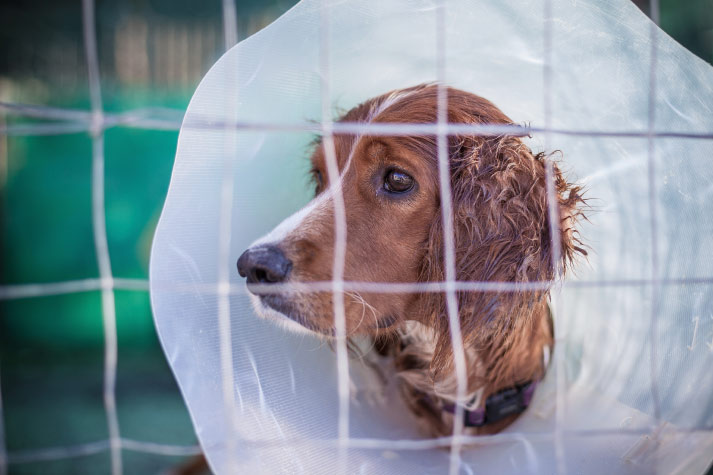


19 Nov
When relocating internationally with your pet, the term "quarantine" can sound intimidating, conjuring up images of sterile, prison-like facilities. However, pet quarantine is a vital health measure designed to protect the local ecosystem and prevent the spread of zoonotic diseases (diseases that can spread from animals to humans). Pet quarantine is also an essential part of the pet import process, and sometimes goes together with the pet import permit (depending on your destination’s requirements). While it may seem daunting, understanding the truth behind common misconceptions can help ease your concerns.
Many pet parents assume quarantine facilities are barren, unfriendly, and restrictive like prisons. However, this couldn't be further from the truth; quarantine stations are government-managed facilities staffed by professionals trained in animal care and disease control.
Yes, these facilities won’t resemble luxurious pet resorts, but they are clean, hygienic, and designed to ensure your pet's comfort and safety. Think of them as day-boarding facilities focused on keeping your pet healthy while protecting the country’s ecosystem. Some quarantine centres even allow scheduled visits with your pet, but this depends on the country’s own regulations.
In short, these facilities prioritize the health and well-being of your furry companion while ensuring public safety.
Not every international move requires your pet to undergo quarantine. Whether your pet needs to be quarantined at all depends entirely on the destination country’s rules and your pet's health documentation.
For example, countries like Australia enforce strict quarantine measures to prevent the introduction of rabies and other diseases, given their delicate ecosystem. In contrast, the UAE does not mandate quarantine for pets travelling to Dubai and the UAE if your pet has up-to-date and valid vaccinations.
Before you depart for pet travel, research the specific pet import regulations of your destination country. This will make sure you’re prepared and can avoid unnecessary stress.
One common worry is that quarantine will have a significant impact on the health and behaviour of pets. This fear is mostly unfounded. The quarantine period, often lasting between 7 to 14 days, is too short for noticeable long-term changes to occur.
While your pet may experience mild separation anxiety (especially if they’re used to being around you all the time), they’ll quickly return to their usual routine once the quarantine period ends. Regular interaction and clear instructions to the facility staff can help minimize any stress your pet might feel.
Another myth suggests that pets won’t receive their specific diet or medications during quarantine. While this depends on the rules of the quarantine facility and country, most facilities allow you to provide detailed instructions about your pet’s dietary needs and medication schedule.
When preparing for quarantine, ensure that you clearly communicate any requirements your pet has, whether it’s a special diet or ongoing medical treatment. Check the specific guidelines of the facility beforehand to avoid surprises and make sure your pet's needs are met.
Some believe they can bypass quarantine with insider help, bribes, or false documentation. This is not only illegal but also a major risk to public health and your pet’s safety.
Quarantine is a preventive measure designed to protect everyone, especially in the wake of global health crises. Attempting to circumvent these measures can result in severe penalties, including hefty fines, legal trouble, and the possibility of your pet being denied entry.
If your destination mandates a quarantine period, it's best to comply and cooperate. Most quarantine periods last only a week or two, and the process is carefully managed to prioritize safety and comfort.
While quarantine may sound stressful, being informed and prepared can make the process much smoother. Here’s what you can do:
Relocating with a pet involves a lot of planning, but understanding the facts about quarantine can help you feel more confident. Remember, quarantine is about ensuring health and safety for everyone, especially your pet.

AUTHOR’S BIO
ARSH BHARDWAJ
I am passionate about language, storytelling and the human urge to connect Having paid close attention to marketing and branding as a craft for some time, I'm eager as ever to indulge my passion for prose.